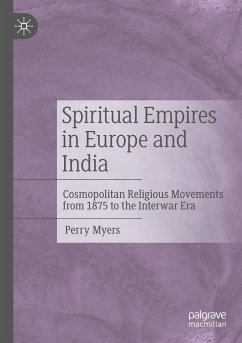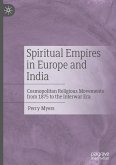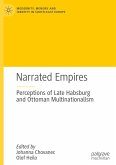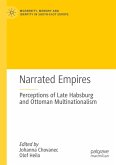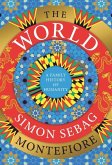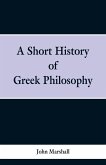This book provides a comparative analysis of cosmopolitan (esoteric) religious movements, such as Theosophy, Groupe Independent des Études Ésotériques, Anthroposophy, and Monism, in England, France, Germany, and India during the late nineteenth-century to the interwar years. Despite their diversity, these factions manifested a set of common features-anti-materialism, embrace of Darwinian evolution, and a belief in universal spirituality-that coalesced in a transnational field of analogous cosmopolitan spiritual affinities. Yet, in each of their geopolitical locations these groups developed vastly different interpretations and applications of their common spiritual tenets. This book explores how such religious innovation intersected with the social (labor and economic renewal), cultural (education and religious innovation) and political (Empire and anti-colonial) dynamics in these vastly different national domains. Ultimately, it illustrates how an innovative religious discourse converged with the secular world and became applied to envision a new social order-to spiritually re-engineer the world.

